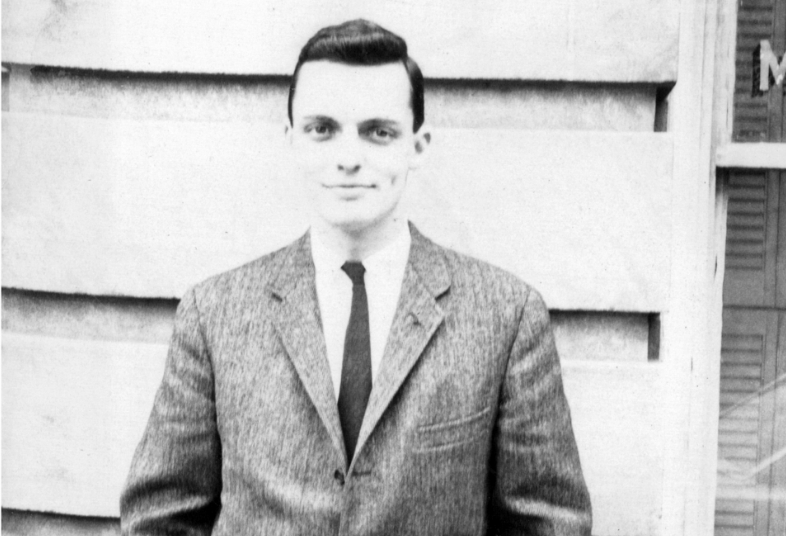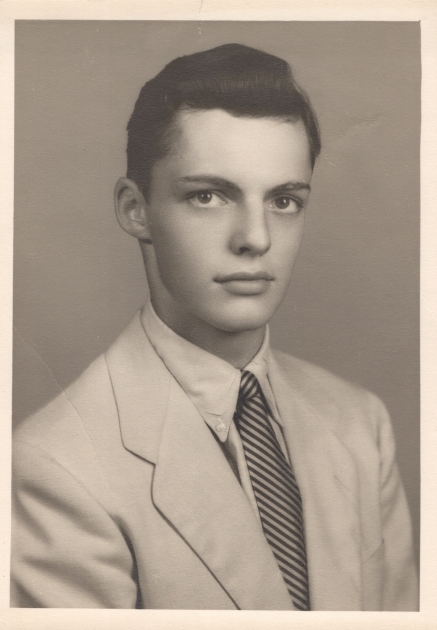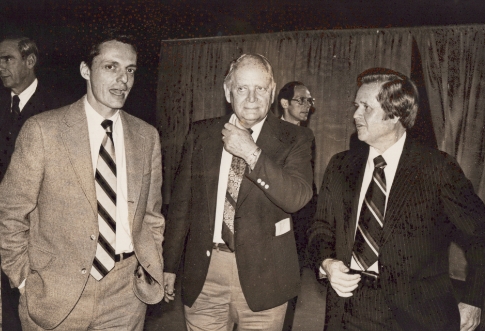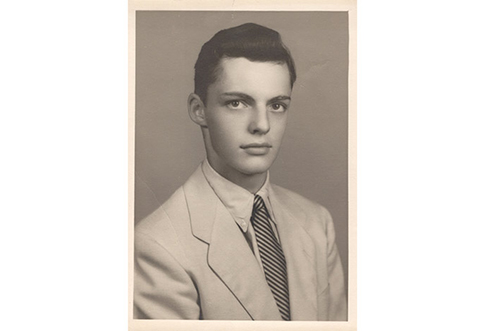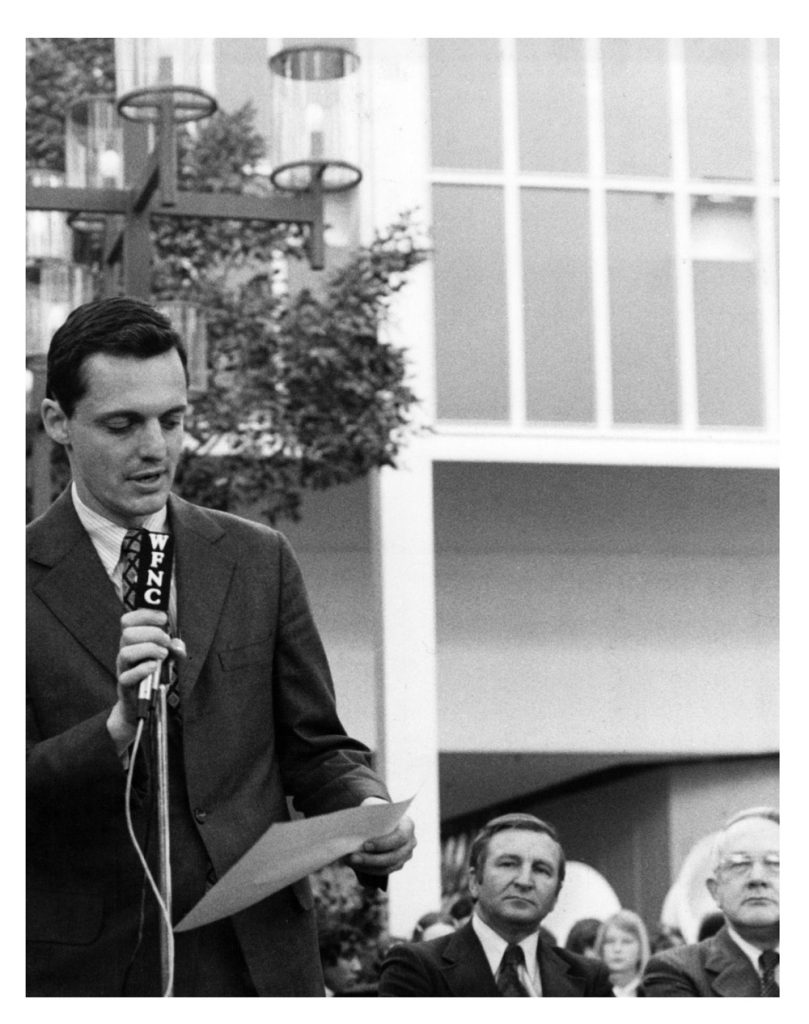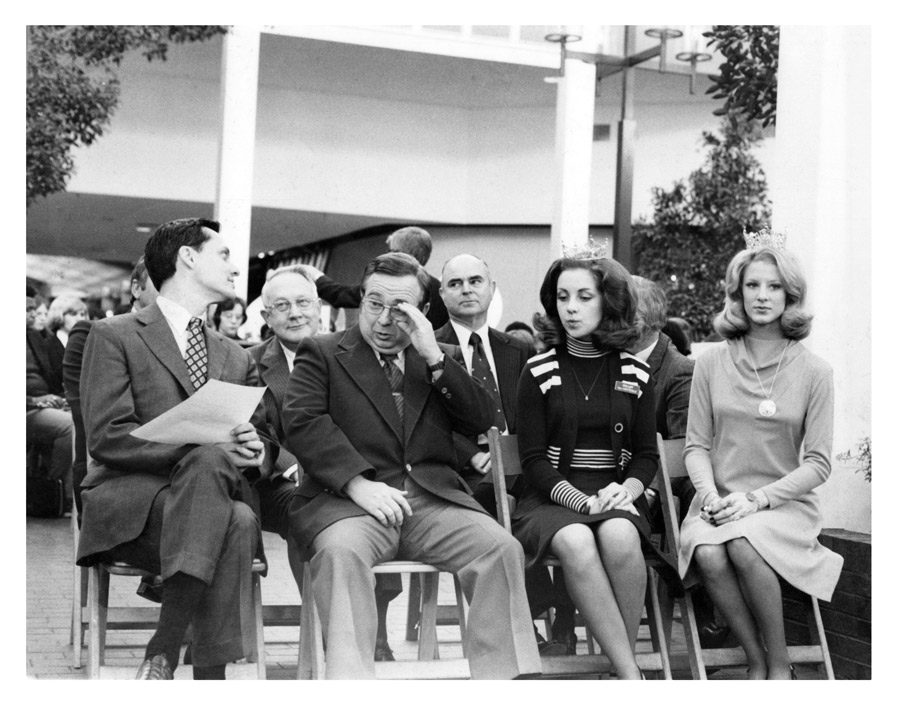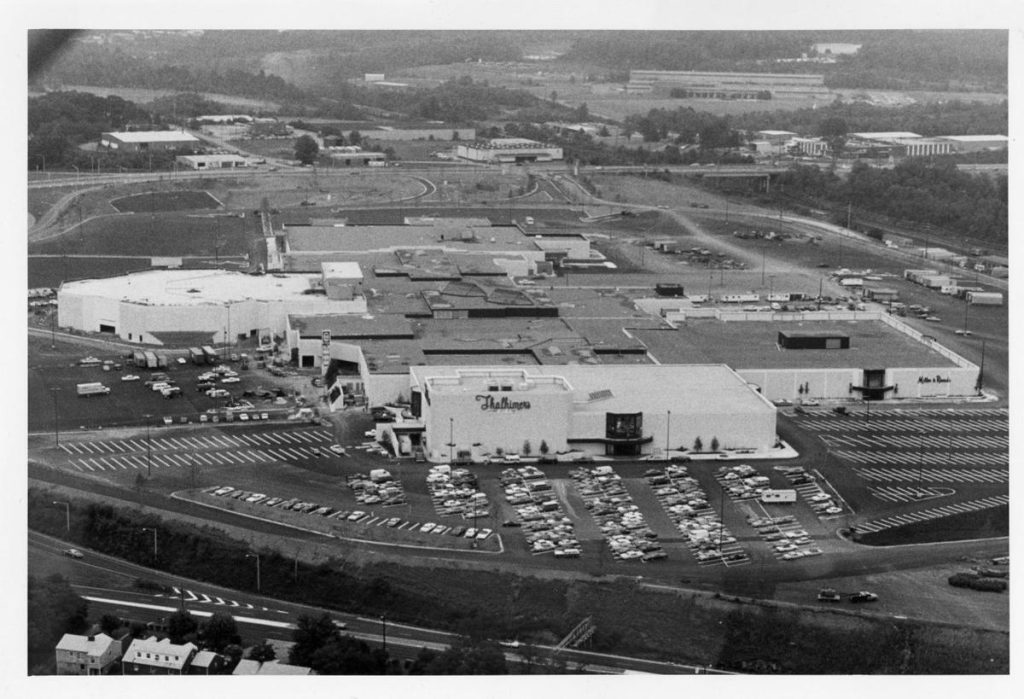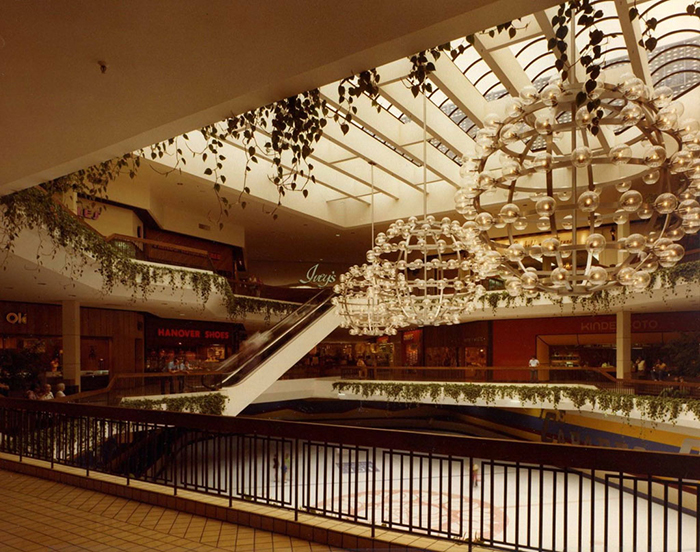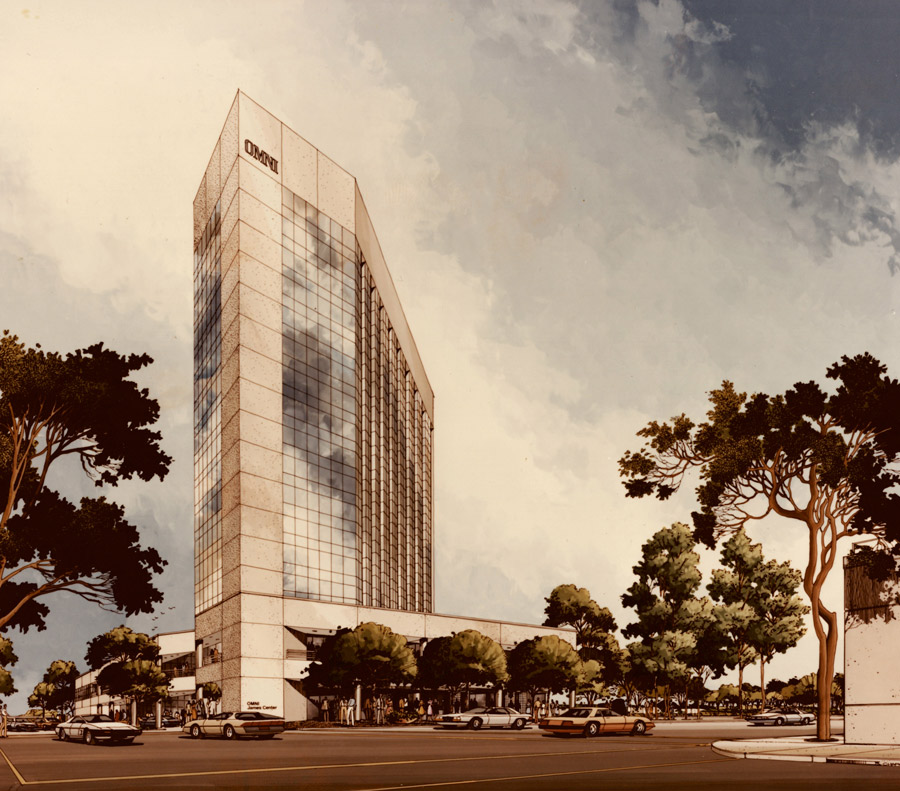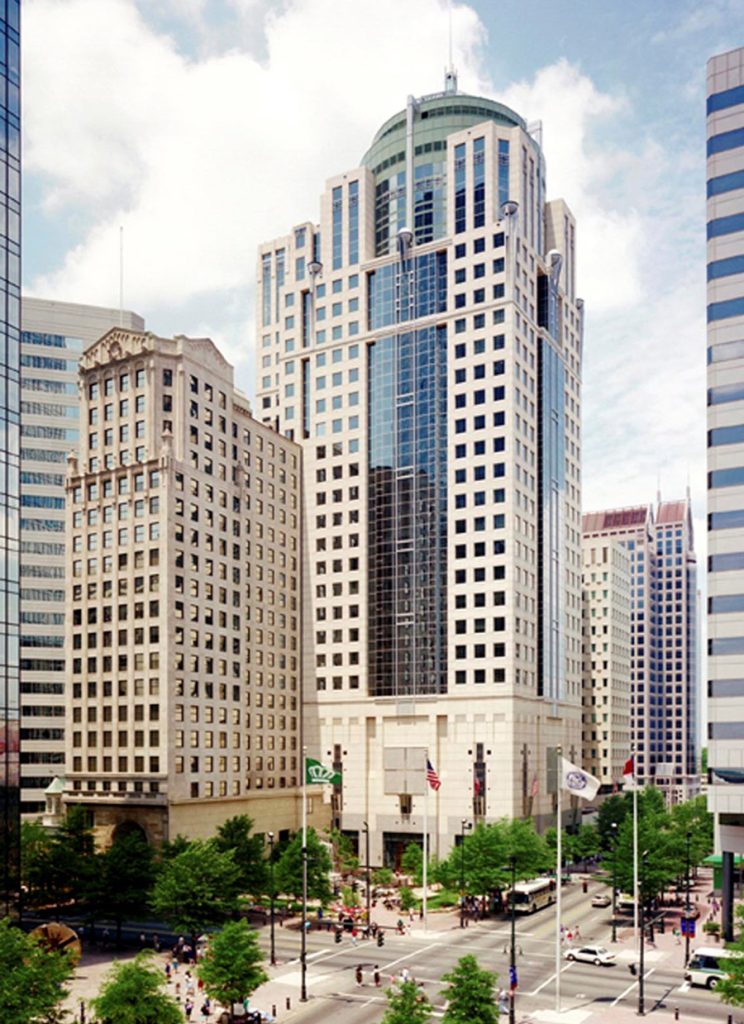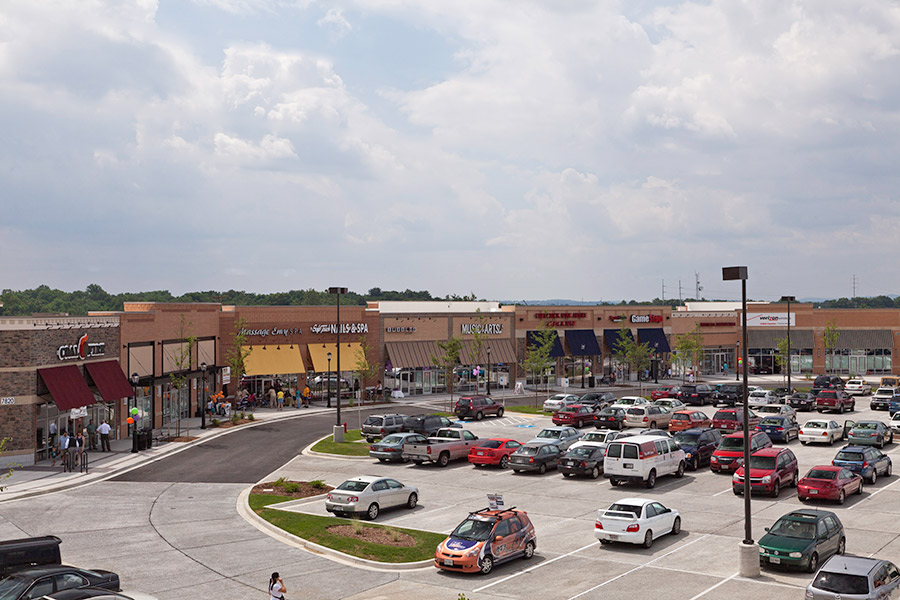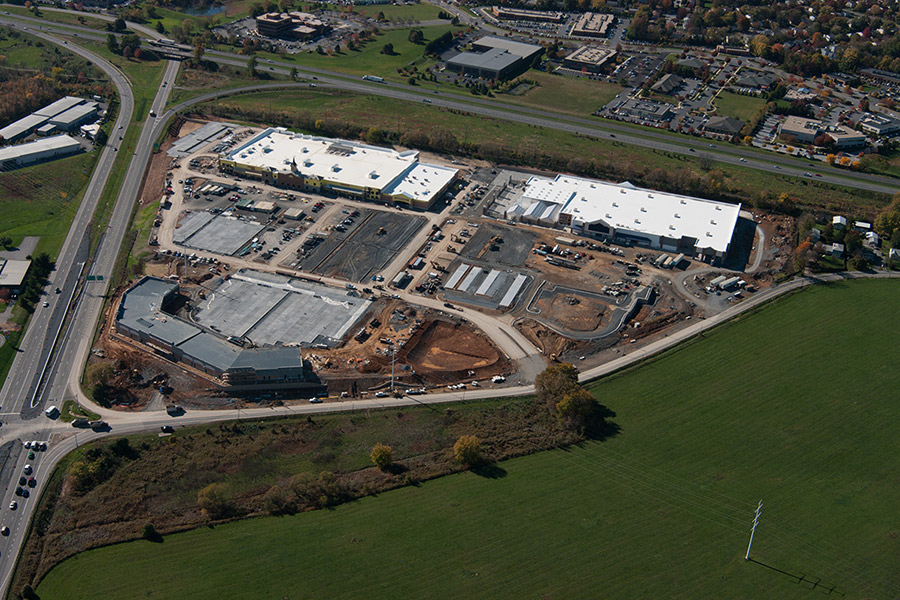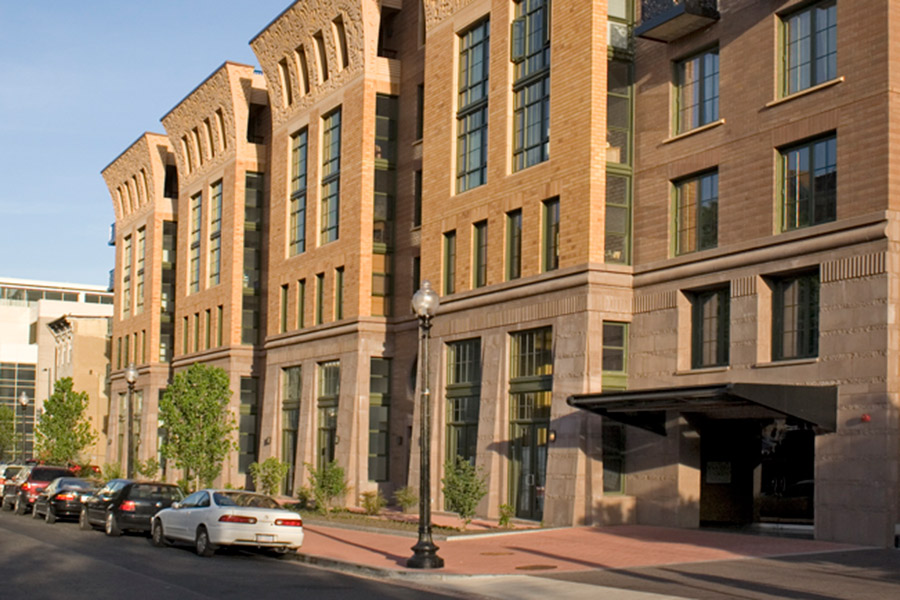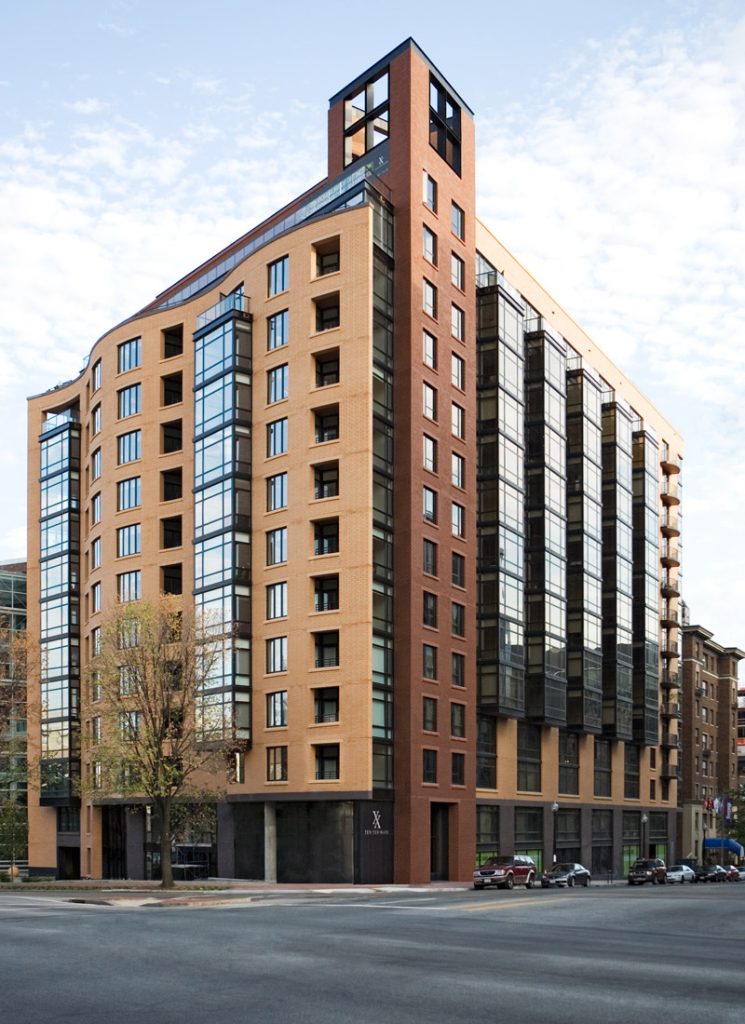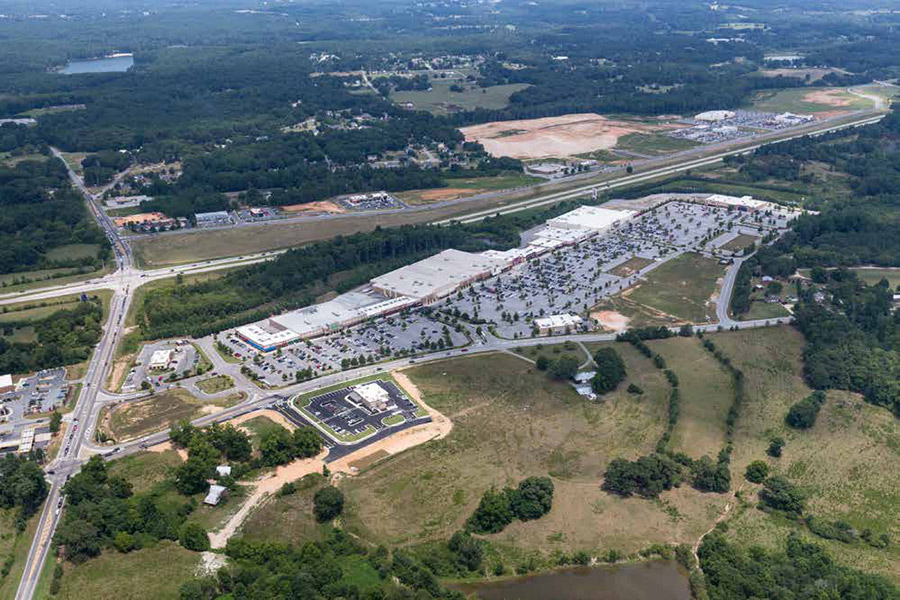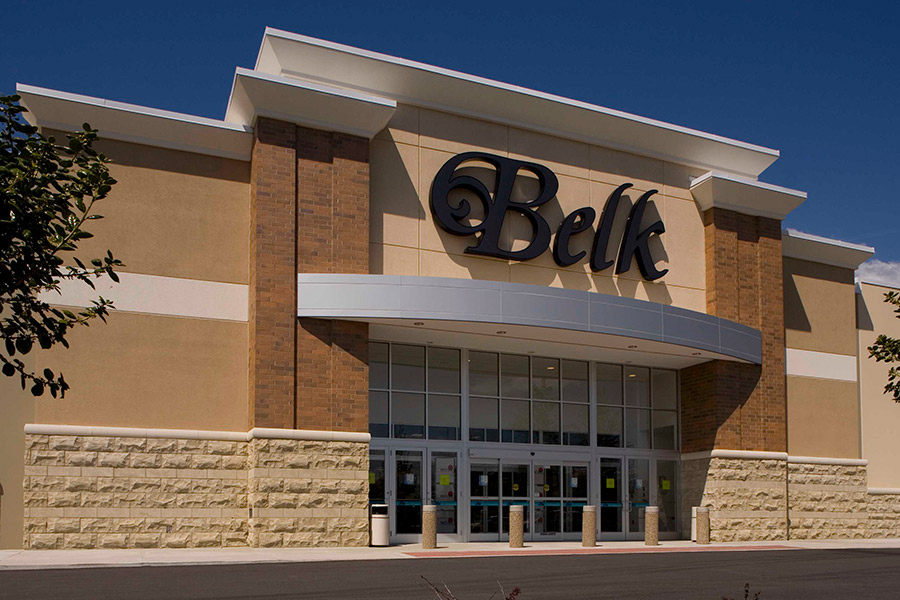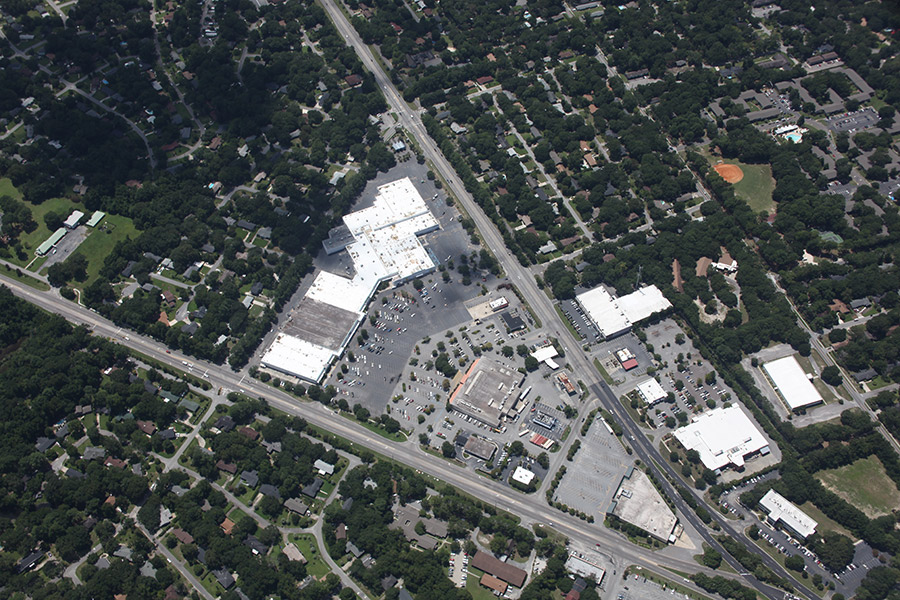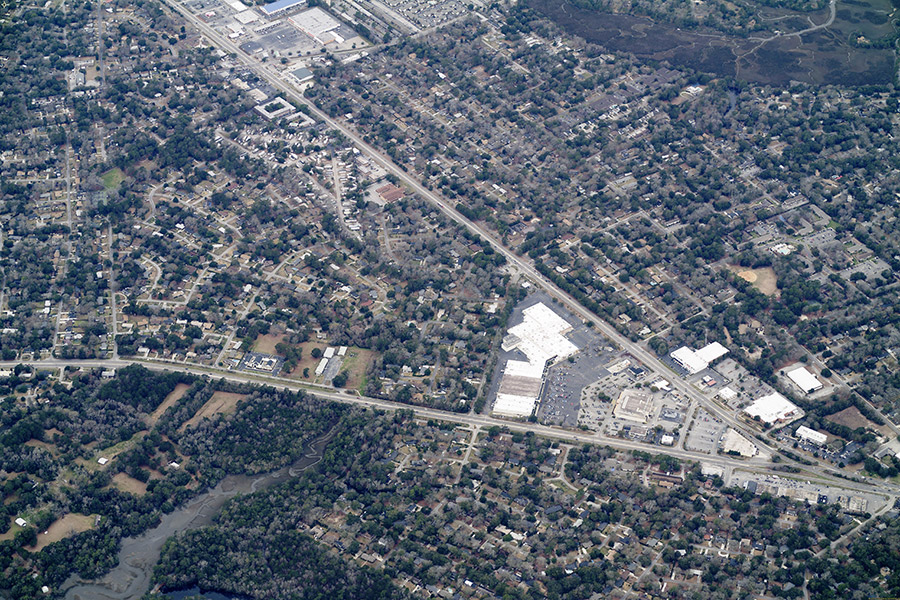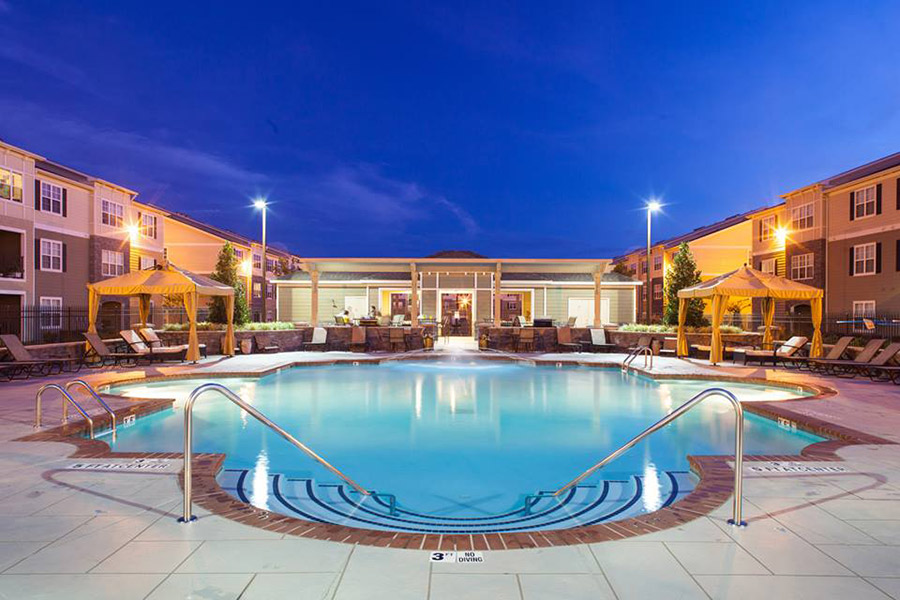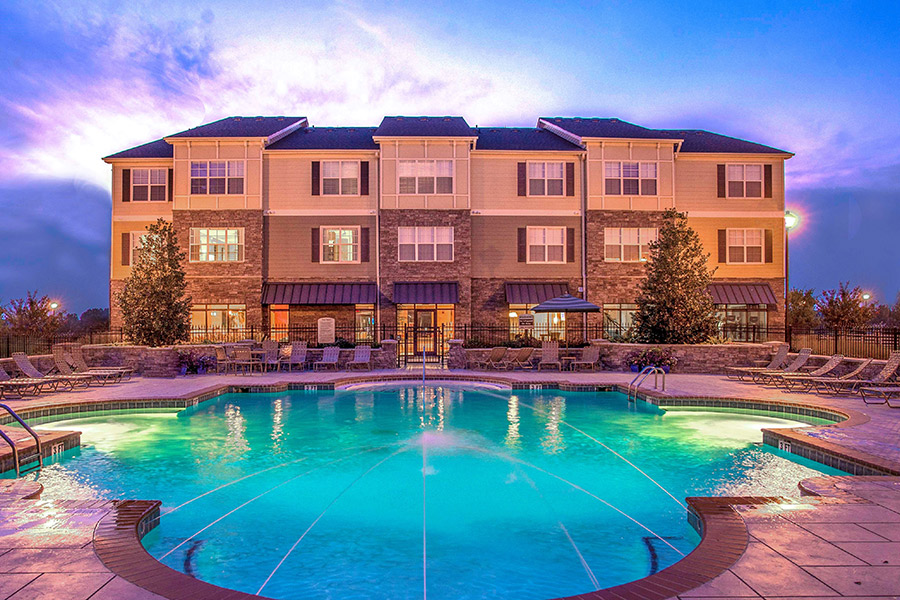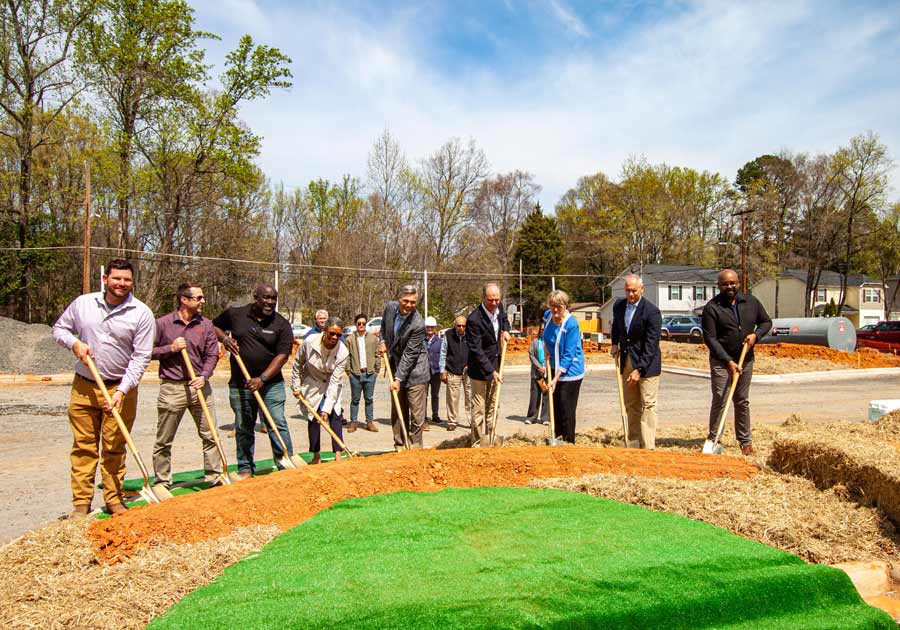A Charlotte Legacy
Continues Today
Henry Faison was born and raised in Charlotte, NC, a city he loved, and worked tirelessly towards his goal of seeing it grow into a first-class city. After attending Woodberry Forest High School, Davidson College, and the University of Virginia Darden School of business, he built one of the most successful real estate development companies in the country.
His business career in real estate began in the 1960s as he pioneered shopping center developments throughout the Southeast. As an entrepreneur twice in his career, Henry passionately believed in the American dream and loved to watch others succeed.
As a prodigious philanthropist, Henry would ask, “where can I help?” He served as Chairman of the Federal Reserve Bank of Richmond, UVA Darden School of Business, Charlotte Chamber Board of Advisors, and Mercy Hospital. He also played a key role in bringing the Carolina Panthers to Charlotte.
Known to his friends as “The Hawk”, he was a passionate conservationist and outdoorsman. Henry’s impact on Charlotte and the Southeast cannot be overstated and we strive to honor his legacy everyday through the business that bears his name.
